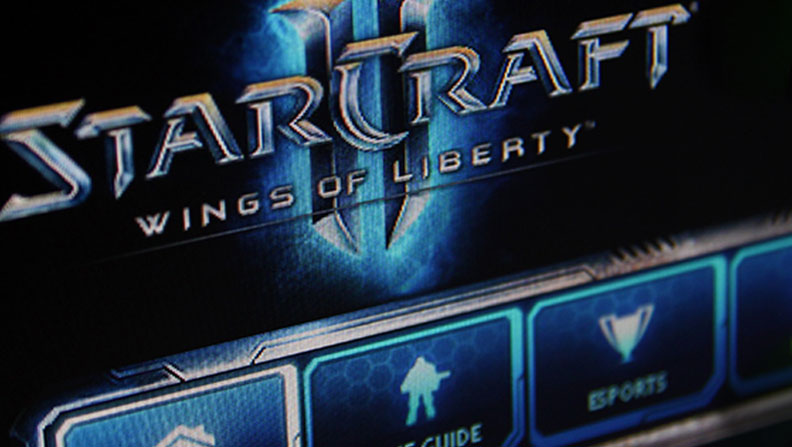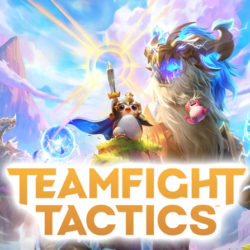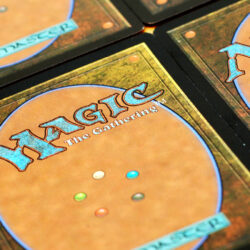
How does the experienced detective, strategy game player, or trader think about and observe situations differently from a beginner? One important difference is how experts use their experience to gain an edge when making decisions based on imperfect information. In the book, “Sources of Power,” the author, Dr. Gary Klein, describes his research on the decision-making processes of experts in high-pressure fields, such as firefighting. Dr. Klein observes that expert decision-makers first try to establish a baseline of what they expect to happen in a given scenario. An expert develops a baseline through observation and, ultimately, experience. Baselining allows an expert to more readily identify a deviation, alerting the expert that the scenario might unfold in an unexpected way.
As an example, Dr. Klein references the classic Sherlock Holmes story, “The Adventure of Silver Blaze,” by Sir Arthur Conan Doyle. In this story, Sherlock investigates the disappearance of a champion racehorse and the murder of its trainer. On the night of the incident, there was a dog living in the stable where the racehorse was being kept. As the investigation unfolds, Sherlock points out a key observation to Colonel Ross, the racehorse’s owner:
Colonel Ross: Is there any point to which you would wish to draw my attention?
Sherlock: To the curious incident of the dog in the night-time.
Colonel Ross: The dog did nothing in the night-time.
Sherlock: That was the curious incident.
Sherlock has uncovered an anomaly in the case: the stable dog did not bark during the night. Had the intruder been a stranger, the dog would have barked; that is how the dog normally behaved around strangers. Therefore, the intruder must have been someone the dog knew. The key to solving the case was noticing something that did not occur.
In poker, expert players often consider baseline information when making strategic decisions. These players develop a baseline by observing how their opponents normally respond in certain situations (even when the experts are not in the hand), including identifying physical tells or strategy sequences. For example, in Texas Hold’em, the blinds will often face a raise from players in late positions trying to “steal” the blinds. An expert will observe what range of hands his opponents are normally raising or folding from each position. If in the big blind and facing a raise from an opponent who raises 90% of his range in late position, the expert’s strategy would be different than as against a player who only raises 30% of his range. Absent baseline information, a player in this situation would not know which strategy to use.
This thought process also occurs during high-level matches of the popular video game, Starcraft 2. In the futuristic world of this real-time strategy game, the human race is battling two competing alien races. Players begin by mining resources and then spending them to build production buildings. Players use these production buildings to recruit soldiers for their armies. Early on, players have a choice: they can invest their resources in building more production facilities; or they can be aggressive and invest their resources in building an early army for a quick attack.
Over time, some players began using a new strategy. Instead of locating production buildings in their home base, these players decided to locate production buildings near their opponent’s base. This strategy, called “proxying,” does three things in particular:
- It places production buildings (which are expensive in both resources and the time used to create them) in an unprotected location;
- Units made from these production buildings will require a lot of time to return home for defense; and
- Units made from these buildings are physically closer to an opponent’s base, enabling an attack earlier than an opponent would normally anticipate.
Like poker, Starcraft 2 is a game of imperfect information. The entire map is completely shadowed but for places where a player has units or buildings. Given this “fog-of-war,” good players scout out their opponents’ bases early in the game, to get a feel for what their opponents could be planning. If, for example, a player is scouting and sees a Starport, the player would know his opponent is building an air army; scouting a factory would mean tanks; and scouting several barracks would mean mass infantry.
Assume that you are playing Starcraft 2. You know from experience that, within the first few minutes, a good player would be well on his way to building production facilities. You scout in your opponent’s base, but you don’t see any production facilities. You should recognize the absence of production facilities near your opponent’s base as an important event. You now likely know where your opponent has located them: near your base! Realizing that your opponent is proxying is vital information. In response, you can build defenses quickly, anticipating and countering your opponent’s force.
Scenarios like this one make Starcraft 2 an interesting strategy game. Typically, a player does not know exactly what his opponent is building; yet, the player must make his best guess and produce an army immediately. So, a good player often looks to past experience, asking himself, “When opponents used this strategy against me in the past, what units did they usually send?” Applying baseline information can create a strategic advantage, particularly in highly uncertain moments, when games are quickly won (or lost).
When a beginner sits down and watches an expert, it can seem like a magic act. The expert poker player might guess the cards in his opponent’s hand. The expert strategy game player seems to automatically know the best strategy to counter his opponent. But the truth is, the expert has taken in all the available information through careful observation. (Remember, this can include observing things that have not occurred, too.) Careful observation of the present, combined with a baseline of experience and intuition, helps an expert make an educated decision. It is not magic.




Subscribe Now
Get each new post sent straight to your inbox